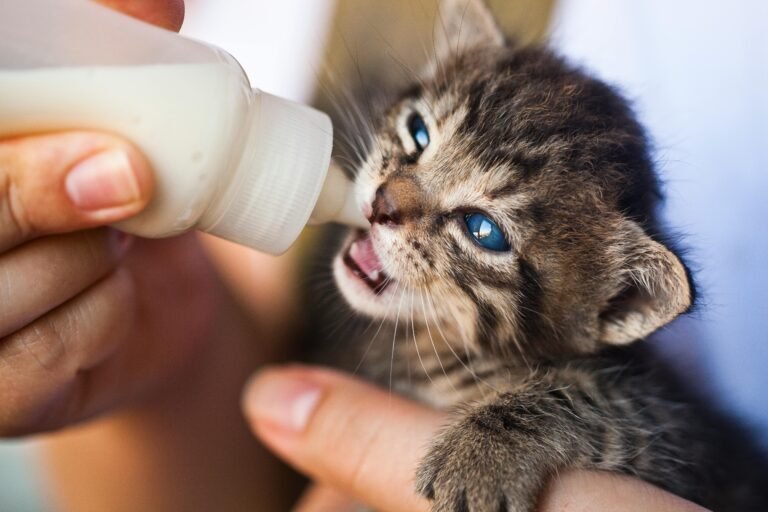Pomeranians may be small in size, but they pack a big personality — full of charm, fluff, and energy. As beloved toy breeds, they make wonderful companions. However, like all purebreds, Pomeranians are prone to certain health problems that every responsible owner should be aware of.
In this guide from PetShopHub.com, we’ll explore the most common health issues in Pomeranians, how to spot the early signs, and what you can do to keep your Pom healthy and happy for years to come.
🦴 1. Dental Disease
🔍 What to Know:
Pomeranians are especially prone to dental issues, including tartar buildup, gingivitis, and tooth loss. Their small mouths make them vulnerable to plaque accumulation.
✅ Prevention Tips:
- Brush your Pom’s teeth 2–3 times a week
- Use vet-approved dental chews
- Schedule regular dental cleanings with your vet
💨 2. Tracheal Collapse
🔍 What to Know:
This condition affects the windpipe and causes difficulty breathing, coughing (often described as a “goose honk”), and exercise intolerance.
✅ Prevention Tips:
- Use a harness instead of a collar
- Maintain a healthy weight
- Avoid smoke, dust, or strong perfumes around your Pom
❤️ 3. Heart Disease
🔍 What to Know:
Pomeranians are susceptible to heart murmurs and congestive heart failure, especially as they age. Symptoms include coughing, lethargy, and reduced appetite.
✅ Prevention Tips:
- Keep up with yearly vet exams
- Monitor changes in breathing or energy
- Provide heart-healthy food (low sodium, nutrient-rich)
🐾 4. Luxating Patella (Kneecap Dislocation)
🔍 What to Know:
A luxating patella occurs when the kneecap slips out of place, causing limping, skipping steps, or occasional lameness.
✅ Prevention Tips:
- Avoid overexerting your Pom on stairs or rough play
- Keep their weight in check to reduce pressure on joints
- Some cases may require surgery
🧠 5. Hypoglycemia (Low Blood Sugar)
🔍 What to Know:
Young or small Pomeranians can experience sudden drops in blood sugar, leading to weakness, disorientation, and even seizures.
✅ Prevention Tips:
- Feed frequent, small meals
- Always keep a healthy treat handy
- Watch for early signs like shakiness or lethargy
🐶 6. Alopecia X (“Black Skin Disease”)
🔍 What to Know:
This condition causes hair thinning or bald patches, primarily on the torso, and darkening of the skin.
✅ Prevention Tips:
- No known cure, but some cases respond to hormone therapy or neutering
- Ensure proper grooming and diet
- Rule out other causes like allergies or mites first
🧬 7. Collapsed Larynx and Respiratory Issues
🔍 What to Know:
Due to their compact snouts, some Poms suffer from laryngeal problems, especially as they age.
✅ Prevention Tips:
- Maintain weight
- Avoid stressful exercise in hot weather
- Provide a calm environment
🐕🦺 How to Keep Your Pomeranian Healthy
A little proactive care goes a long way. Here are some general wellness tips:
- 🐾 Schedule regular check-ups with your vet
- 🍽️ Feed high-quality, breed-appropriate food
- 🧼 Keep up with grooming to prevent skin issues
- 🧸 Provide toys and mental stimulation
- 💧 Ensure hydration and temperature regulation
🩺 When to See the Vet
Don’t wait if you notice:
- Sudden changes in appetite or behavior
- Difficulty breathing or persistent coughing
- Unusual limping or sensitivity to touch
- Lethargy, vomiting, or diarrhea lasting more than 24 hours
Early intervention can make all the difference.
❤️ Final Thoughts
Pomeranians may need a bit of extra TLC, but their loyalty, energy, and love make every effort worth it. By staying informed and proactive, you’ll help your Pom live a longer, healthier, and happier life.
Explore more small dog care tips, training advice, and vet-approved product picks on PetShopHub.com — your trusted guide to smarter pet parenting.





